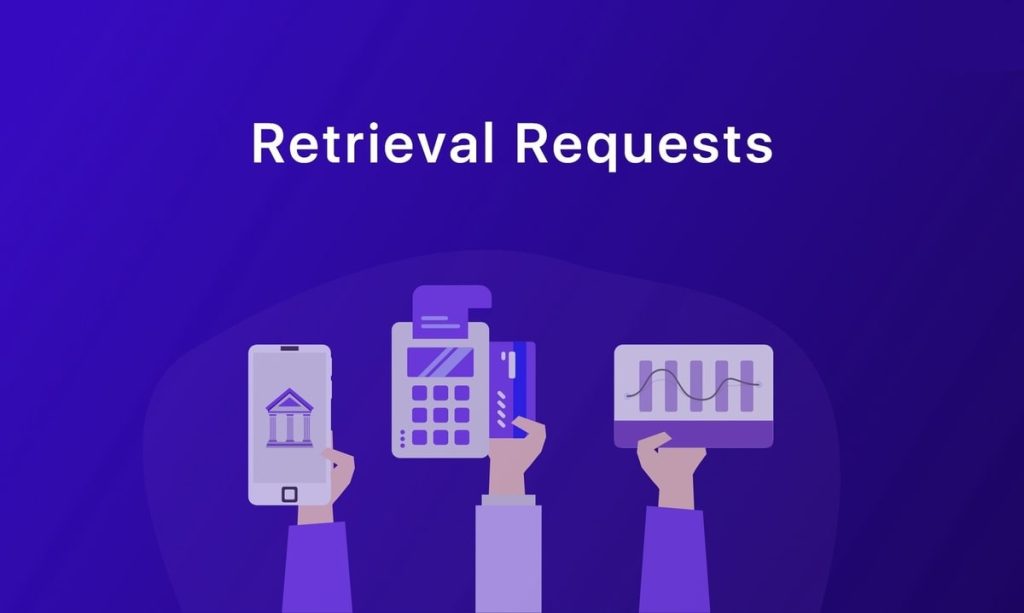Introduction to Retrieval Requests
A retrieval request is a formal inquiry from a cardholder’s bank (the issuing bank) seeking additional information about a transaction. This request often signals the start of a dispute process but doesn’t involve immediate financial penalties. The retrieval request’s purpose is to verify transaction details and address any issues the cardholder may have before escalating to a chargeback.
Reasons for Retrieval Requests
Retrieval requests occur for several clear reasons, mostly related to transaction clarity or potential fraud. Some common reasons include:
- Unrecognized Transactions: The cardholder does not recognize a charge on their statement.
- Duplicate Charges: The cardholder believes a transaction has been processed twice.
- Incorrect Amounts: The charge on the statement differs from what the cardholder expected.
- Potential Fraud: There are suspicions that the charge might be fraudulent.
Table 1: Common Triggers for Retrieval Requests
| Trigger | Percentage of Cases (%) |
|---|---|
| Unrecognized Transactions | 45% |
| Duplicate Charges | 20% |
| Incorrect Amounts | 15% |
| Potential Fraud | 10% |
| Other Issues | 10% |
These figures show that unrecognized transactions account for nearly half of all retrieval requests. Addressing these efficiently can prevent disputes from escalating.
The Retrieval Request Process
When a retrieval request is issued, the process typically follows these steps:
- Request Initiation: The issuing bank contacts the acquiring bank for transaction details.
- Merchant Notification: If needed, the acquiring bank informs the merchant to provide the necessary documentation.
- Document Submission: The merchant submits relevant documents such as receipts or proof of delivery.
- Resolution or Escalation: Based on the provided information, the dispute may be resolved or escalate to a chargeback.
According to Mastercard guidelines, merchants must keep transaction records for at least 13 months. VISA has similar requirements, stressing the importance of maintaining detailed records.
Table 2: Required Documentation for Retrieval Requests
| Document Type | Description |
|---|---|
| Transaction Receipt | The original receipt or digital transaction record. |
| Invoice | A detailed invoice showing the transaction details. |
| Proof of Delivery | Documentation confirming the delivery of goods/services. |
| Communication Logs | Emails or messages exchanged with the customer. |
| Authorization Code | The code provided during transaction authorization. |

Responding to a Retrieval Request
To handle retrieval requests effectively, merchants should:
- Provide Complete Information: Submit all required documents promptly. Incomplete information increases the risk of chargebacks.
- Ensure Document Clarity: Documents must be clear and readable. Unclear documents can lead to disputes.
- Respond Within Deadline: Typically, merchants have 10 to 20 days to respond. Missing this deadline can result in automatic chargebacks.
Direct communication with customers can help resolve issues before they escalate. For instance, if a customer does not recognize a transaction, reaching out directly can clarify the situation, avoiding the need for further action.
Avoiding Chargebacks Through Effective Retrieval Responses
Retrieval requests often precede chargebacks, so effective responses are critical. To minimize the risk of escalation, merchants should:
- Keep Organized Records: Store all transaction details securely and make them easily accessible.
- Engage Customers Proactively: Contact customers after transactions to confirm they recognize the charges.
- Use Trusted Partners: Collaborate with industry experts, like Merchanto.org, an official VISA and Mastercard partner in chargeback prevention. Visit Merchanto.org for more details.
Table 3: Best Practices for Avoiding Chargebacks
| Best Practice | Implementation Strategy |
|---|---|
| Organized Record-Keeping | Use CRM systems to store transaction and customer data. |
| Proactive Customer Communication | Follow up with customers post-purchase to ensure satisfaction. |
| Partnering with Experts | Collaborate with partners like Merchanto.org for dispute management. |
| Clear Transaction Descriptions | Ensure that billing descriptors are clear and recognizable. |

Costs Associated with Retrieval Requests
While retrieval requests don’t directly lead to financial penalties, they can incur costs:
- Processing Fees: Some acquiring banks charge a fee for handling retrieval requests, typically ranging from $5 to $15 per request.
- Operational Costs: The time and resources spent gathering documentation can add up, especially for merchants with high transaction volumes.
- Chargeback Risk: If a retrieval request isn’t handled properly, it can escalate to a chargeback, resulting in the loss of the transaction amount plus additional fees, which can range from $20 to $100 per chargeback.
Conclusion
Handling retrieval requests efficiently is crucial to maintaining smooth payment operations. Understanding the triggers, responding quickly, and keeping detailed records can prevent disputes from escalating into costly chargebacks. Proactive steps, like maintaining clear communication with customers are essential strategies for reducing disputes and protecting revenue.
In today’s fast-paced e-commerce environment, dispute management isn’t just about resolving issues but preventing them. By adhering to these best practices and leveraging the right partnerships, merchants can protect their business from unnecessary financial losses and maintain strong customer relationships.
This article is designed to serve as a detailed guide for merchants managing retrieval requests, offering practical advice and emphasizing the importance of effective dispute prevention.



